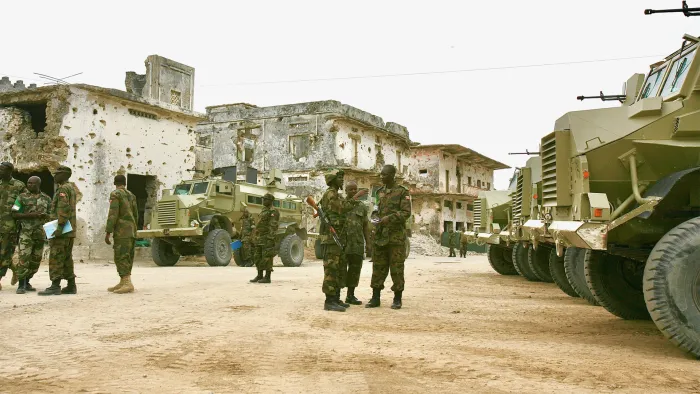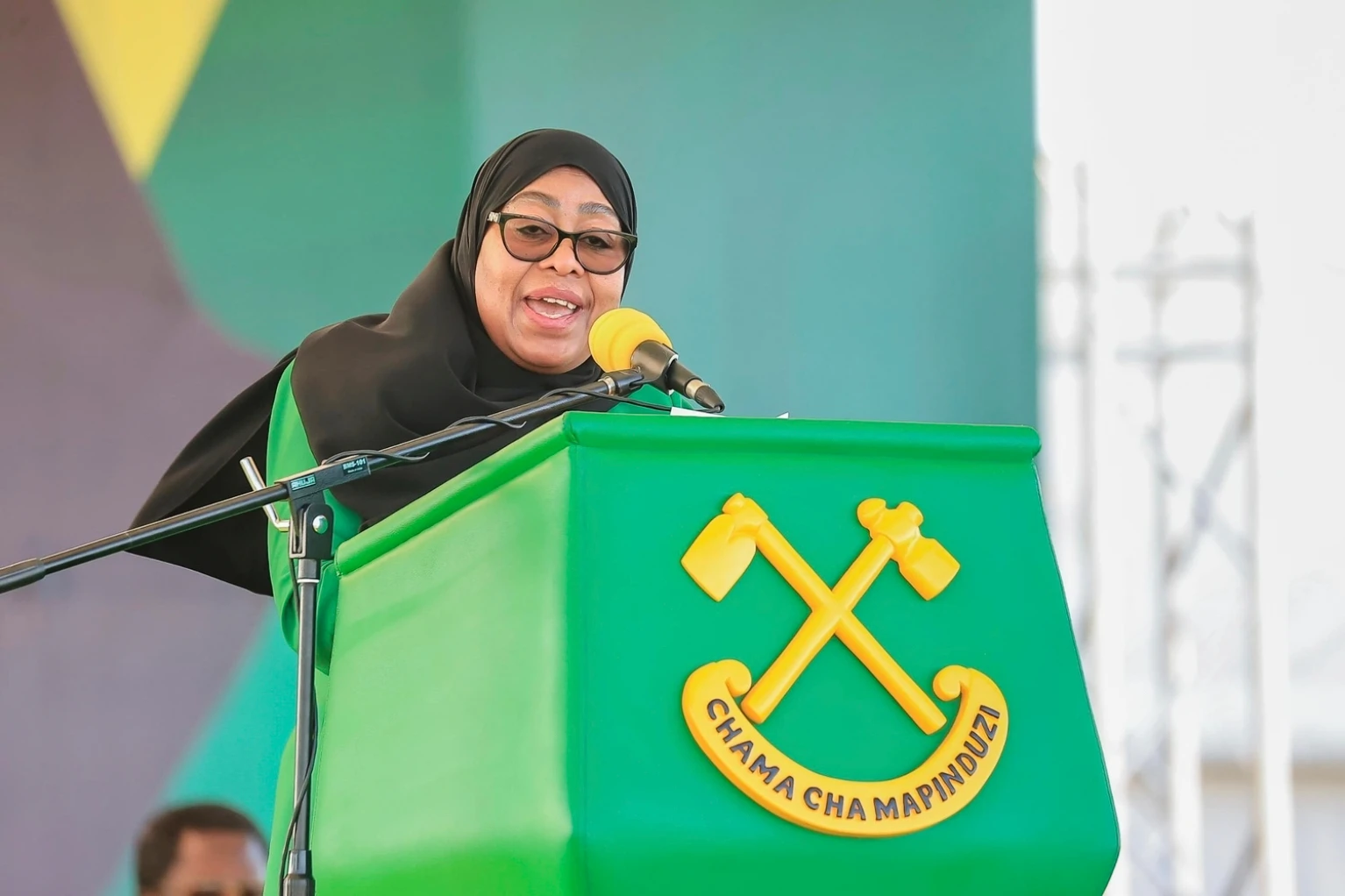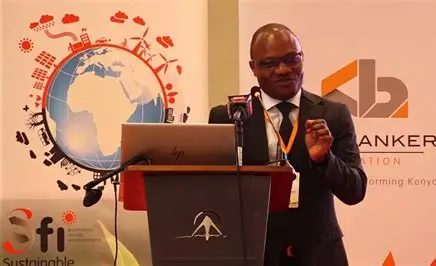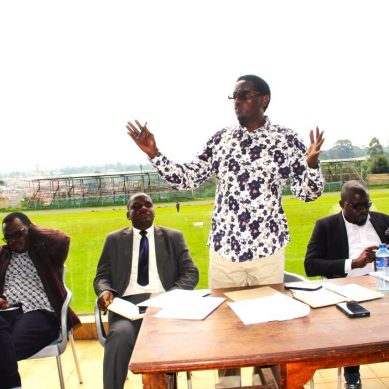
Editor’s note: This article is the fifth in a series exploring what has gone wrong with UN peacekeeping in today’s complex, multipolar world, what alternative security tools are available, and what sustainable peace solutions could look like.
***
In Arabic “jihad” refers to striving in the service of God. Its use in connection to political violence is seen as offensive and a perversion of its true meaning by many Muslims. It is, however, difficult to escape using the term given the contemporary emergence of an explicit “jihadist” ideology. Moreover, some violent extremist groups deliberately embrace the label and include the term “jihad” in their official name. Al-Shabab (Harakat Shabab al-Mujahidin) publicly refer to themselves as a jihadist movement.
***
Boko Haram has become shorthand for the jihadi insurgent group Jamatu Ahli Al-Sunna lil Da’wa Wal Jihad (JAS). However, the term also tends to conflate JAS with the separate – and rival – Islamic State in West Africa Province (ISWAP). Both groups are active in the Lake Chad region and are targeted by the MNJTF.
In 2011, Ugandan and Burundian troops of the African Union Mission in Somalia (AMISOM) fought for control of a shattered Mogadishu in bloody house-to-house combat against determined jihadist militants that lasted for almost a year.
It was grinding urban warfare. In one month alone, more than 50 African Union troops were killed – as were an unknown number of civilians. It wasn’t until October 2011 that AMISOM finally overran al-Shabab’s last strongholds in the north of the city.
This wasn’t peacekeeping in the traditional sense, where UN blue helmets oversee an existing peace agreement and use only minimum force. This was heavily militarised expeditionary peace enforcement – part of a trend in which conflicts have become more complex and peace operations increasingly look like counter-terrorism missions.
AMISOM was sent to Somalia in 2007 to support a weak but internationally backed transitional government against an insurgent movement that had grown out of resistance to a US-backed Ethiopian invasion in December 2006.
At the time, AMISOM was a unique military intervention. Although it deployed under AU command and control, it was dependent on a mix of international partnerships. Six African countries eventually provided the troops and the EU paid their stipends.
AMISOM’s logistics operation was handled by the UN, the United States and other Western countries provided various training and equipment programmes, with the UN Security Council approving its overall mandate.
Eighteen years on, al-Shabab remains a potent presence in Somalia’s south-central countryside. AMISOM found itself hamstrung by inconsistent financing, shortages of equipment, poor coordination and the complexity of Somalia’s domestic politics.
Rather than being on the front foot, it became a garrisoning operation. The Somali armed forces – that were supposed to take over – have remained fragile and externally dependent.
Two years ago, AMISOM was reconfigured as the African Union Transition Mission in Somalia, with an exit date set for the end of 2024. However, with the war stalemated, it is expected to be rehatted in 2025 as the AU Support and Stabilisation Mission in Somalia (AUSSOM).
The clue to its priorities are in the name – “stabilising” the country to provide the federal government the space to expand its legitimacy and challenge al-Shabab’s authority. Protection of civilians will also be an explicit function – a step towards addressing AMISOM’s worrying rights record, which undermined its support among Somali citizens.
AUSSOM is an African-led peace support operation (PSO) – the latest iteration of a trend in interventions that have become an integral part of the international system’s response to security challenges on the continent.
They fill a vacuum created by an ideologically log-jammed and penny-pinching UN Security Council that has fallen out of love with large, multidimensional missions. African governments and regional organisations are not only taking on the responsibilities once assumed by the UN, they are also accepting riskier deployments that the UN’s Department of Peace Operations would tend to avoid.
UN missions traditionally deploy with all-party consent, consolidating an existing peace agreement. African PSOs are geared to intervene offensively in ongoing conflicts. These are increasingly more transnational – involving violent extremism and banditry – that can generate monumental levels of violence and humanitarian suffering.
“The UN deploys where there is peace to be kept, African-led PSOs deploy where there is no peace at all,” said Andrew Tchie, a senior researcher at NUPI, the Norwegian Institute of International Affairs. “[PSOs] demonstrate a more local, context-specific response to insecurity and the goal of turning to more self-help options.”
Yet the shift from UN peace operations towards militarised regional missions and so-called ad hoc coalitions can be worrisome, argues Eugene Chen, a senior fellow with the New York University’s Centre on International Cooperation.
“In particular, this turn back towards counter-terrorism, peace enforcement and other types of kinetic operations can actually be counter-productive in resolving conflicts,” he said. “It can exacerbate grievances and other socio-political and economic risk factors for violence.”
There is no one-size-fits-all approach for the form PSOs have taken. They have varied from a few dozen personnel, to the over 22,000 troops AMISOM had at its height. Mandates also differ – from hard-edged cross-border counter-insurgency operations, to support for the Ebola health response.
What they do share, however, is a common ability to deploy much faster and more cheaply than UN missions. They also typically work in tandem with the armed forces of the host government.
African-led PSOs include AU-run missions like AMISOM/AUSSOM. There are also deployments by regional economic communities (RECs), such as the Southern African Development Community (SADC) intervention in northern Mozambique in 2021; and ad hoc, task-specific initiatives like the four-country Multinational Joint Task Force (MNJTF) tackling Boko Haram in the Lake Chad region.
These coalition arrangements, in particular, mark a significant shift from institutionalised responses to security challenges – and often come with very little human rights oversight.
- A Tell report / Republished with The New Humanitarian permission








